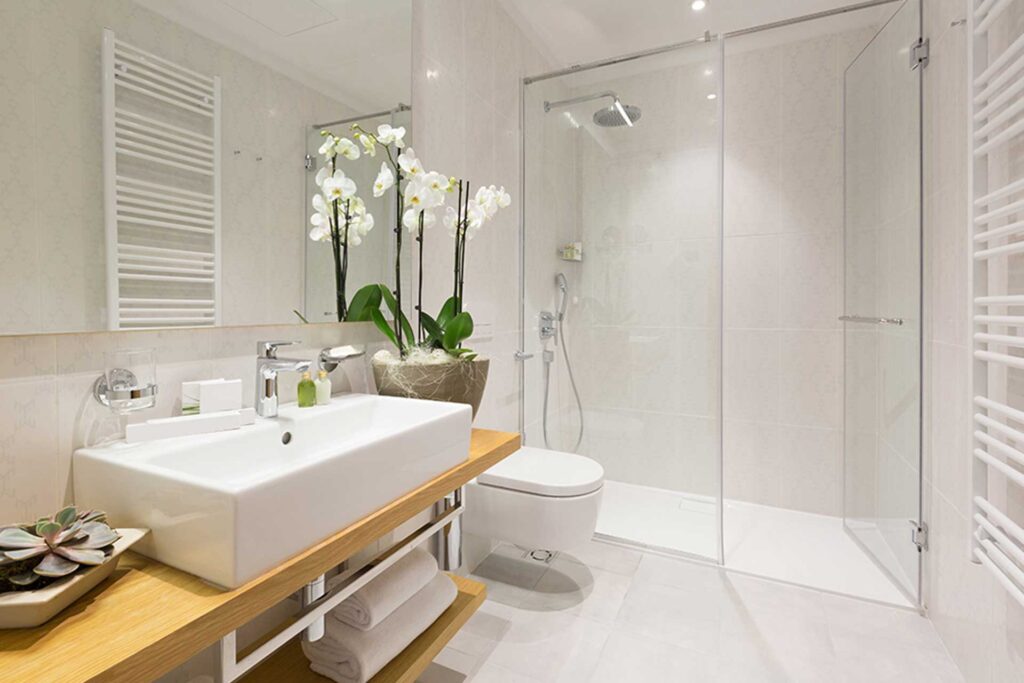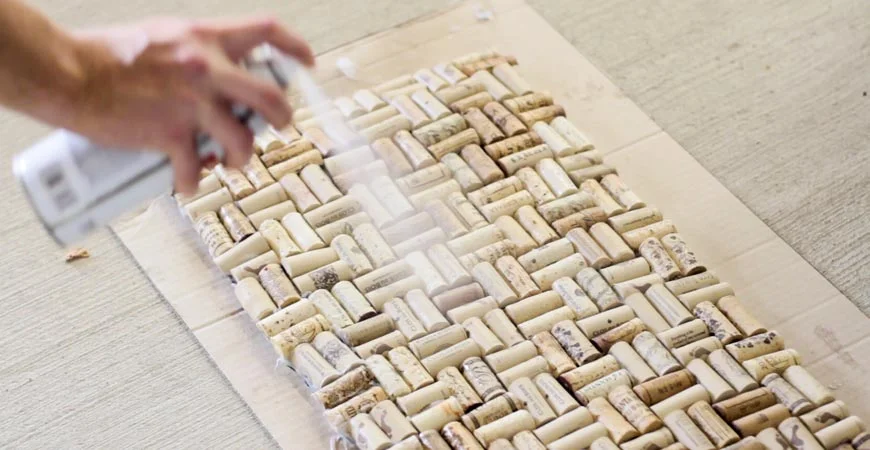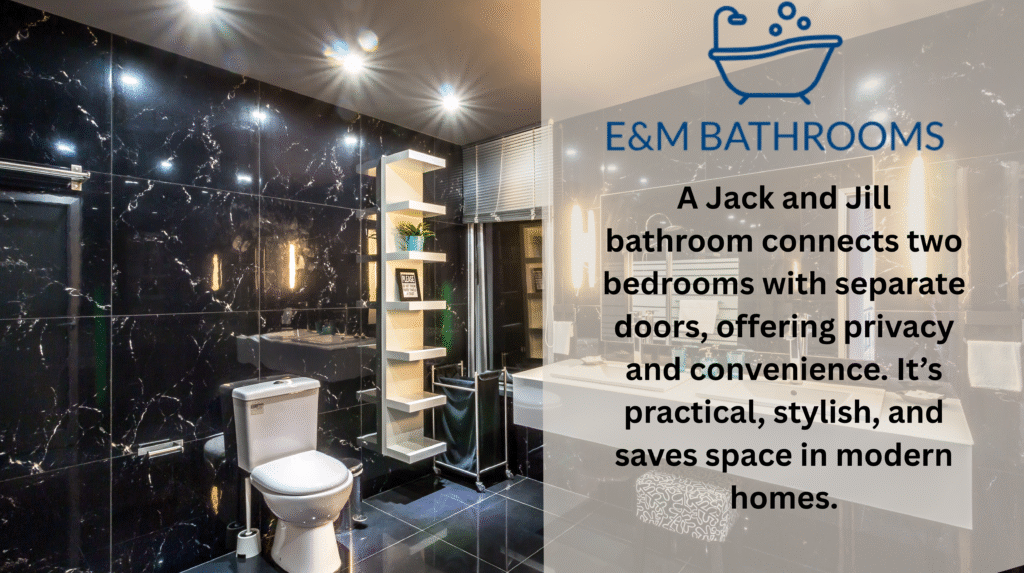Introduction: Why Bathroom Renovation Costs Matter
Renovating your bathroom is one of the most rewarding home improvement projects, as it can boost the value of your home and provide a more comfortable living space. However, before diving into a bathroom makeover, it’s crucial to understand how much it will cost. The renovation costs can vary based on a variety of factors such as the size of the bathroom, the materials used, and the extent of the changes you plan to make. In this blog, we will break down the costs associated with different types of bathroom renovations, helping you determine what to expect and how to budget for the project.
Bathrooms are often the most frequently used spaces in any home. Therefore, a renovation here not only enhances your living experience but can make a significant difference in your daily routine. Moreover, bathroom renovations have one of the highest returns on investment, particularly when you’re upgrading the layout, quality of fixtures, and finishes.
With such a wide variety of options and price points, it’s essential to evaluate all aspects of the renovation to ensure that you make smart choices within your budget. Understanding the cost breakdown can help you balance your aesthetic preferences with practical financial planning.
What Impacts Bathroom Renovation Costs?
Several factors can influence the cost of your bathroom renovation. Understanding these factors will give you a clearer picture of where your money will go. Below are the main elements that contribute to your renovation budget:
1. Size of the Bathroom
The size of your bathroom is one of the biggest factors that will impact the cost. A small guest bathroom or powder room will typically be less expensive to renovate compared to a large master bathroom. The more square footage your bathroom covers, the more materials, labor, and time will be required to complete the project. For example, a small bathroom remodel may cost around $5,000 to $7,000, while a larger bathroom renovation can range from $10,000 to $20,000 or more.
A larger space requires more materials like flooring, tiles, cabinetry, and fixtures. Additionally, labor costs increase with a larger area, as more time and effort are needed to complete the work. On the other hand, a smaller bathroom can be renovated for much less, especially if you plan to only upgrade the existing features.
2. Scope of the Renovation
The extent of your renovation will significantly affect the final price. If you’re only updating the surface finishes like painting, replacing fixtures, or installing a new vanity, the costs will be lower. However, if you’re reconfiguring the layout, moving plumbing or electrical systems, or installing custom-built features, the price will go up. A full-scale renovation typically involves not only aesthetic changes but also structural and functional improvements.
Minor updates such as repainting walls, replacing the showerhead, or installing new lighting fixtures may cost between $2,500 and $5,000. On the other hand, more extensive work, such as relocating plumbing lines, adding a bathtub, and upgrading electrical systems, can significantly increase the overall cost of the renovation.
3. Materials and Fixtures
The materials and fixtures you choose play a major role in determining the overall cost. For instance, luxury materials such as marble countertops, high-end faucets, and designer tiles can drive up the price significantly. If you’re aiming for a more affordable bathroom renovation, opt for mid-range materials like ceramic tiles and quartz countertops. Choosing materials wisely can help you strike the right balance between cost and quality.
The decision to install high-end finishes or budget-friendly options will have a considerable impact on your final bill. For example, while granite and marble countertops can be elegant, they also come with a higher price tag than cheaper alternatives like laminate or butcher block. Similarly, premium showerheads, faucets, and vanities can increase the overall cost.
A popular option for homeowners looking for a luxurious feel without the premium cost is using engineered stone countertops, such as quartz. These materials are durable and often look similar to their higher-end counterparts like granite and marble.
4. Labor Costs
Labor costs will typically make up a large portion of your renovation budget. The complexity of the work and the contractors’ hourly rates will influence the price. For plumbing and electrical work, it’s always advisable to hire licensed professionals, which can add to the costs but ensures the work is done safely and according to code. On average, labor may account for 30% to 50% of the total project cost.
The complexity of the renovation will also affect labor costs. For instance, if you’re tearing down walls, reconfiguring plumbing, and relocating utilities, the labor costs will increase due to the extra time and expertise required. Highly skilled contractors specializing in tile laying, carpentry, or plumbing may charge higher rates for their services.
5. Location
Where you live can also impact renovation costs. For example, labor and materials are often more expensive in large metropolitan areas compared to smaller towns or rural regions. This is something you need to consider when budgeting for your renovation, as the price might differ depending on your location.
Additionally, different states or cities have varying regulations and permit fees for construction and renovation projects, which can impact costs. It’s also important to consider transportation costs for materials, which may be higher if you’re located far from the nearest home improvement store.
Typical Costs for Different Bathroom Renovations
Bathroom renovations can vary widely in terms of pricing, depending on the level of work involved. Let’s look at what you can expect in terms of costs for different renovation types:
Minor Bathroom Renovation (Under $5,000)
For a minor renovation, where only cosmetic changes are made, such as painting the walls, updating fixtures, and replacing the flooring, the costs will typically range from $2,500 to $5,000. This type of renovation focuses on refreshing the space without major structural changes. If you’re working with a limited budget, you can still achieve significant improvements by choosing affordable yet stylish materials, such as basic ceramic tiles and standard vanity sets.
Typical updates for a minor renovation include:
-
Repainting walls and cabinets
-
Installing new light fixtures
-
Updating faucets and showerheads
-
Replacing flooring with vinyl or ceramic tiles
Mid-Range Bathroom Renovation ($5,000 to $15,000)
A mid-range renovation offers more extensive changes, such as replacing the bathtub with a walk-in shower, adding storage space, and upgrading the flooring and vanity. With a budget of $5,000 to $15,000, you can opt for higher-quality materials, like porcelain tiles, modern fixtures, and quartz countertops. This price range also includes labor costs for skilled tradespeople, including electricians and plumbers.
Typical updates for a mid-range renovation include:
-
Replacing the bathtub with a walk-in shower
-
Installing custom cabinetry or upgrading the vanity
-
Updating the lighting and adding dimmer switches
-
Using premium tiles, such as porcelain or ceramic
-
Replacing old plumbing and upgrading the electrical system
High-End Bathroom Renovation ($15,000 and Above)
For a high-end renovation, the costs can exceed $30,000, particularly if you’re looking for a luxurious transformation. In this range, expect custom-built features, premium materials like marble or granite, advanced plumbing systems, and high-end fixtures. High-end renovations may also involve reconfiguring the entire layout, such as expanding the space or installing a freestanding bathtub, heated floors, or a steam shower.
Typical updates for a high-end renovation include:
-
Custom-designed vanities and cabinets
-
Luxury materials such as marble or quartz countertops
-
Freestanding bathtubs and premium fixtures
-
Installing heated floors and smart lighting systems
-
Expanding the layout or changing the floor plan
How to Budget for Your Bathroom Renovation
Budgeting effectively for your bathroom renovation will help you avoid financial surprises during the project. Here are some key points to consider when planning your renovation budget:
-
Set a Clear Budget: Know how much you’re willing to spend before you start shopping for materials or hiring contractors. This will help you stay on track and avoid overspending.
-
Factor in Unexpected Costs: Always set aside 10% to 15% of your budget as a contingency fund. Renovation projects often encounter unexpected issues, such as hidden water damage or structural concerns, that can increase the final price.
-
Allocate for Design and Planning: Design and planning typically take 5% to 10% of your total budget. This includes hiring an interior designer or project manager and obtaining permits.
-
Get Multiple Quotes: When hiring contractors, be sure to get multiple quotes and check references. This will help ensure you’re getting a fair price and hiring qualified professionals.
Final Thoughts: Renovating Your Bathroom Without Breaking the Bank
Renovating your bathroom can be a rewarding investment, both for your personal enjoyment and the value it adds to your home. Understanding how much a bathroom renovation costs and breaking down the factors that influence the price will help you create a realistic budget and avoid financial surprises. Whether you’re aiming for a minor refresh or a luxurious makeover, there are options available to suit every budget. Be sure to plan carefully, choose your materials wisely, and keep an eye out for savings opportunities. With proper planning, your bathroom renovation can result in a beautiful, functional space that adds value to your home.




